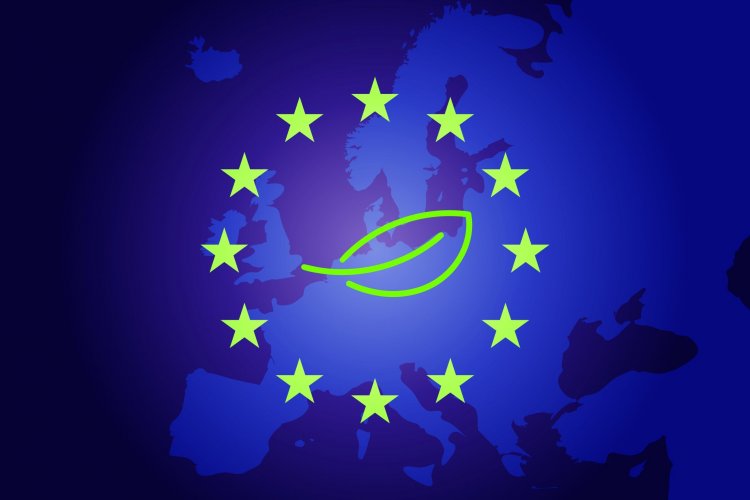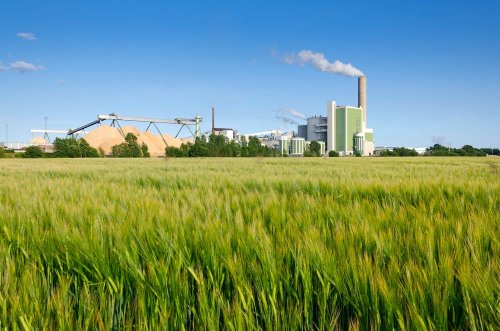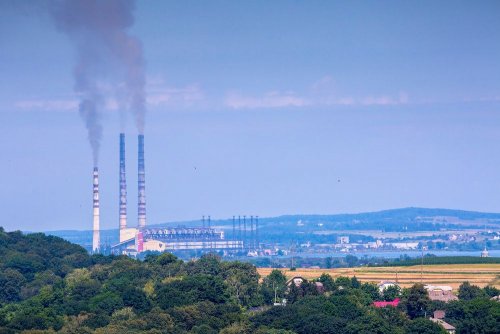The updated provisions of Directive 2010/75/EU on industrial emissions officially declare decarbonization and the development of a circular economy as its goals, and also change the approach to issuing permits to enterprises.
The Ministry of Environmental Protection and Natural Resources of Ukraine introduces innovations in European environmental legislation.
The department said that the 75th EU Directive was adopted back in 2010, but its updated version entered into force on August 4, 2024. Among the three most important innovations of the document, the Ministry of Environment named the following:
1. Decarbonization received the official status of one of the objectives of Directive 2010/75/EU.
From now on, the criteria of the best available technologies and management practices (BTM) will require the decarbonization of production processes.
Implementation of decarbonization measures will definitely be foreseen during revisions of NDTM. We would like to remind you that this process is ongoing in the EU.
"Technology cannot be classified as NDTM if it is not compatible with climate protection. Therefore, the use of fossil fuels with large emissions of greenhouse gases can no longer be NDTM," the ministry says.
2. EU legislators also declared the goal of the updated document to be "improving the efficiency of resource use and promoting the circular economy."
Now plant operators must develop a "transformation plan". It will determine how the facility will transform over the years 2030-2050 to create a sustainable, clean, circular, resource-efficient and climate-neutral economic environment. The deadline for the formation of such transformation plans is June 30, 2030.
Plant operators will be able to use the new Innovation Center for Industrial Transformation and Emissions (INCITE) to help them prepare these documents. It will gather information about innovative solutions and transformative technologies. INCITE will consider both environmental and economic aspects. Stakeholders will have access to the information collected by the Center on a publicly available online platform.
3. European legislators revised the approach to issuing permits to enterprises.
Previously, emission limits in permits were set at the level of a softer (upper) limit of the NDTM conclusions. The updated Industrial Emissions Directive stipulates that the competent authority must set the "strictest achievable" emission limits for each installation. These innovations will be applied already during the update of the integrated environmental permits for each installation.
Amendments to Directive 2010/75/EU are intended to continue the European trend of reducing industrial emissions thanks to the improvement of technologies. The European Union expects the updated rules to reduce emissions by 2050. In particular, emissions of the main air pollutants (PM2.5, SO2, NOx and volatile organic compounds), according to the forecast, can be reduced by up to 40% compared to 2020.
EU member states must transpose the new version of the Directive into national legislation within 22 months. The Ministry of Environment assured that Ukraine is also working on the issue of introducing innovations into its legislation.
Earlier, EcoPolitic introduced readers to concept of NDTM, which industries will be covered by them and when they will be introduced in Ukraine. We also talked about how it happened eco-modernization of industry in the European Union and by which legislation it was regulated.





